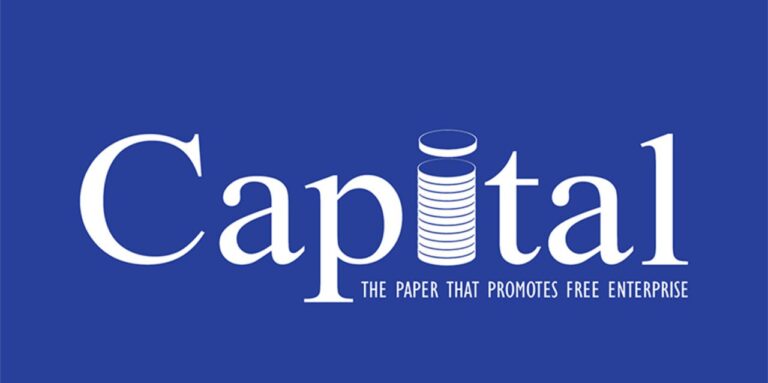What began as a dream two years ago has now become a reality in Casablanca, Morocco. On July 11 and 12, 2025, representatives from 24 nations across the continent gathered at Université Mohammed VI des Sciences de la Santé (UM6SS) for the inaugural African Dental Education Symposium, which culminated in the creation of the groundbreaking African Education Dental Association (AEDA).
The need for an association of this kind is pressing, as African nations face a critical shortage of dental professionals. According to the World Health Organization, there are just 0.44 dentists per 10,000 people in Africa, compared to around 7 per 10,000 in many high-income countries. Only 84 dental schools operate across 26 African nations. This contributes to the fact that, as of 2021, around 42% of Africa’s population have untreated oral diseases.
The symposium, initiated by Professor Ihsane Benyayha, Dean of the UM6SS Dental School, and supported by international surgical charity Mercy Ships, brought together deans and directors from dental schools across Africa. This gathering, and its successful signing of a new association, marks a new chapter in intentional collaboration and innovation in dental education.
Mercy Ships supports first-of-its-kind African Dental Education Symposium
AfDB approves $62 Million emergency grant to restore critical services in conflict-affected Sudan
The Board of Directors of the African Development Bank Group has approved a $62.13 million emergency grant to support the Sudan Integrated Social Sector Infrastructure Rehabilitation Project (SISSIRP). This vital support aims to restore essential health, education, and water services that have been severely disrupted by the ongoing civil conflict in Sudan, which erupted in 2023.
The funding package, approved on 11 July 2025, comprises $44.57 million from Pillar 1 of the Transition Support Facility and $17.56 million from the African Development Fund, the Bank’s concessional financing window for low-income countries.
Sudan is currently facing one of the world’s gravest humanitarian crises. An estimated 30.6 million people are in urgent need of assistance, including 11.5 million internally displaced persons, 54% of whom are women. The conflict has devastated critical infrastructure and services across the country, leaving healthcare facilities, schools, and water systems destroyed. This breakdown has deepened poverty, widened inequalities, and significantly limited access to basic services, particularly in conflict-affected areas.
Championing Africa’s integration and transformation
The Executive Secretary of the Economic Commission for Africa (ECA), Claver Gatete, led ECA’s participation in the 7th African Union Mid-Year Coordination Meeting (#AUMYCM) held in Malabo, Equatorial Guinea.
The AU Mid-Year Coordination Meeting is the principal platform for aligning the work of the African Union, Regional Economic Communities (RECs), and Regional Mechanisms to advance Africa’s integration and development agenda. It ensures effective coordination of the AU’s priorities, with the AfCFTA at the center of efforts to create a single African market and drive sustainable growth.
In his address to the African Union Executive Council, Gatete called for urgent collective action as Africa faces converging crises, including slow growth, high debt burdens, shrinking concessional financing, and mounting economic uncertainty.
“The question is no longer what to do, but how urgently we can do it,” he emphasized.
The United States enhances its humanitarian response in Northern Ethiopia
On July 15, 2025, the United States officially marked the successful transition of its food assistance operations in northern Ethiopia to the Joint Emergency Operations Program (JEOP)—a significant milestone in strengthening the humanitarian response across Tigray, Amhara, and Afar.
Over the past six months, the transition has brought 1.2 million people across 52 woredas in Afar, Amhara, and Tigray under JEOP’s care. With the final phase now complete, JEOP is delivering lifesaving food assistance to a total of 3.1 million people across Ethiopia.
“There is no reduction in U.S. assistance—only a more focused and coordinated way of delivering it. This transition is more than a shift in delivery partners—it reflects our deep and ongoing commitment to stand with the people of Ethiopia,” said U.S. Embassy official Tim Stein, speaking at the handover ceremony held at Axum Hotel in Mekelle. “JEOP’s scale-up ensures continuity of lifesaving food assistance while allowing WFP to focus where the needs are growing,” he emphasized.



